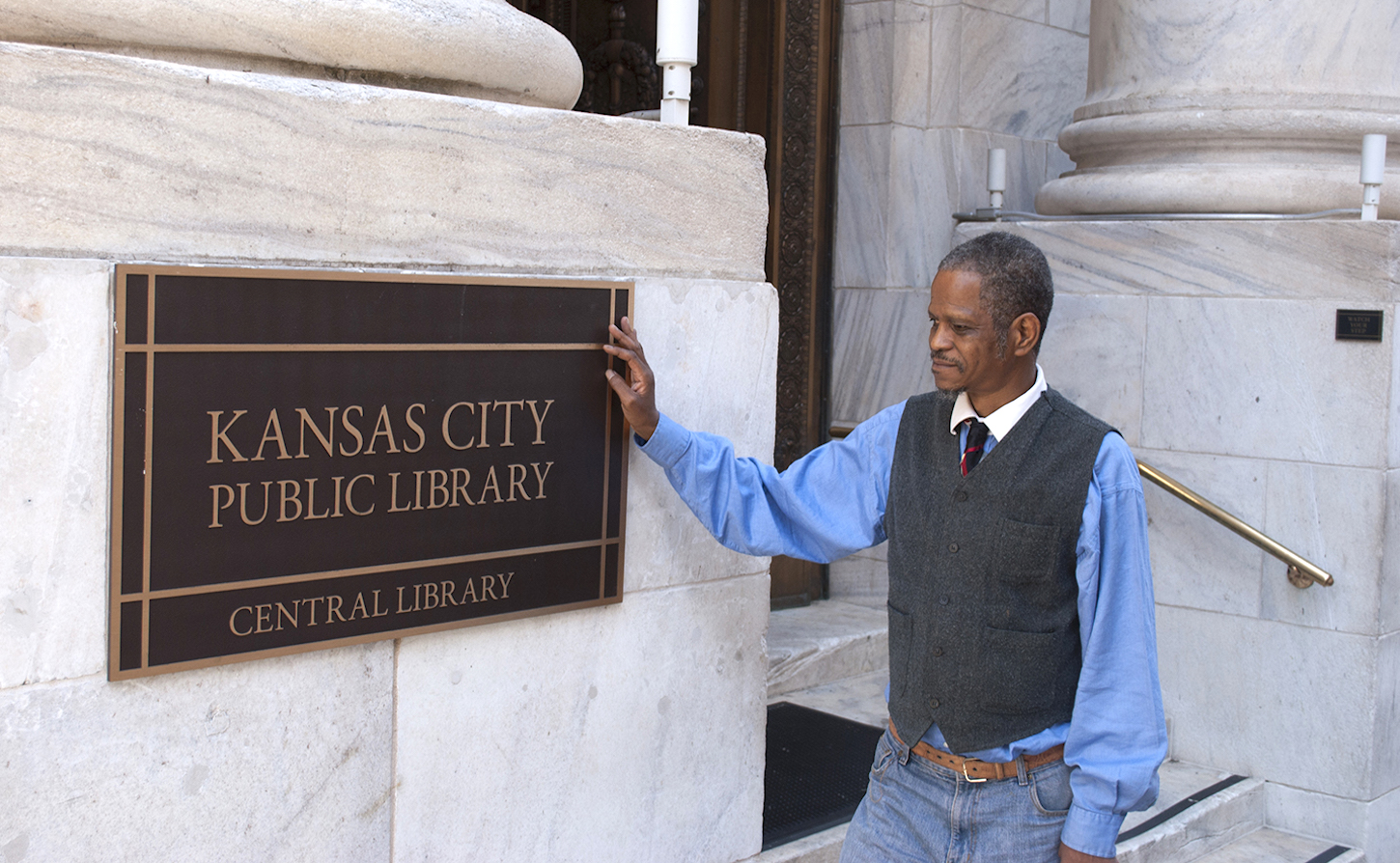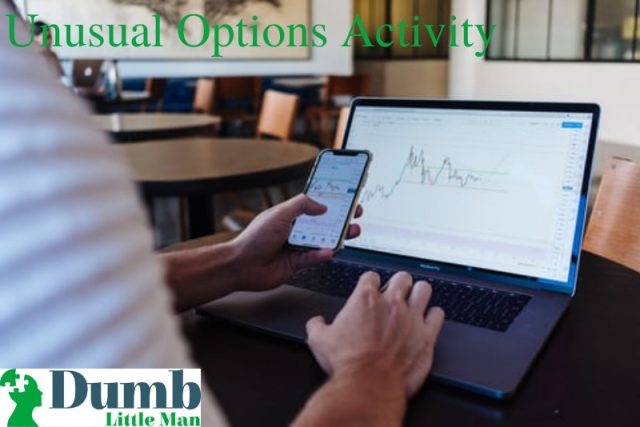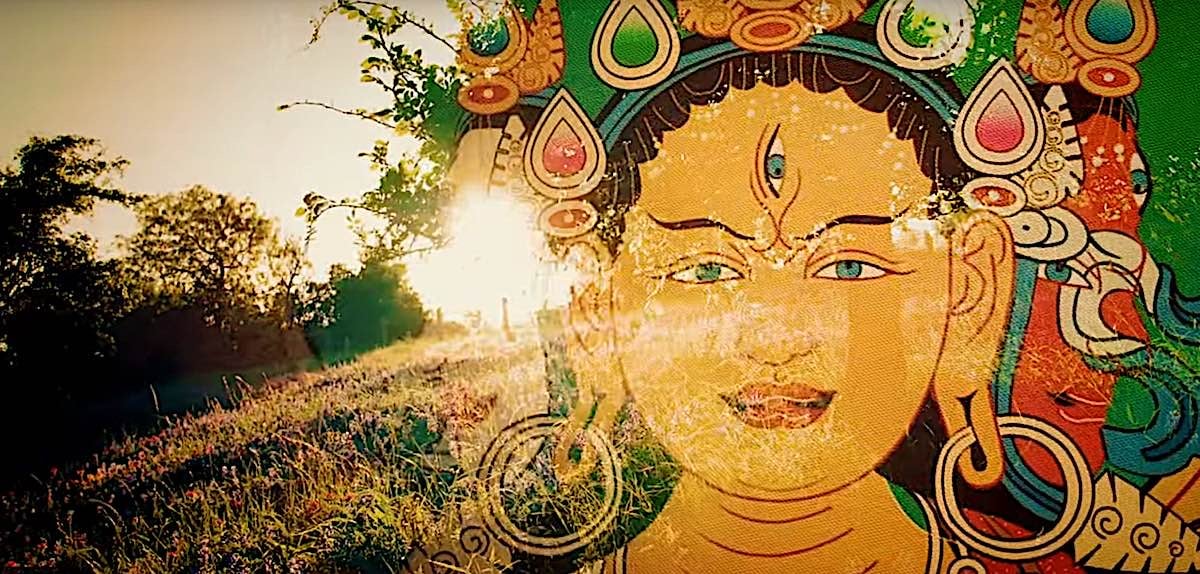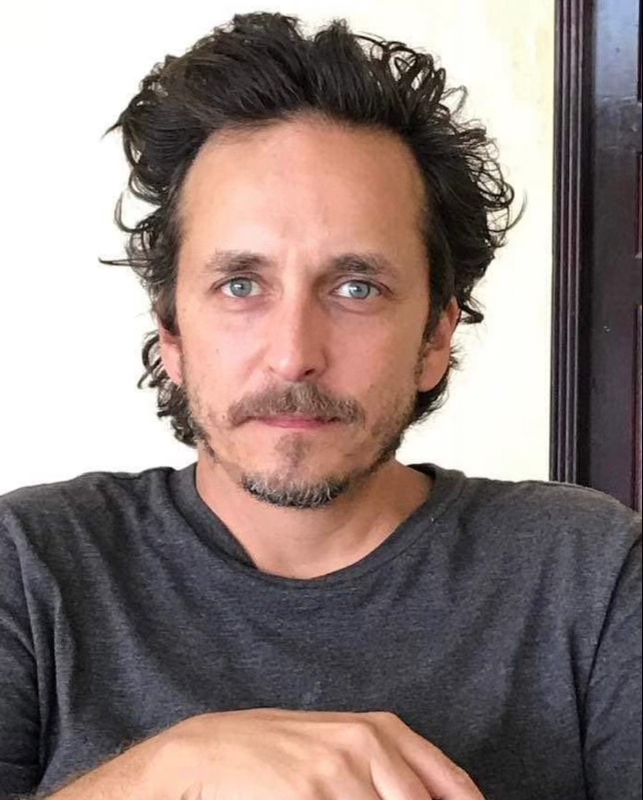Some Things Are Felt Through The Body
I have always been what can be described as ‘sensitive’. This is shorthand for, literally, some days I can’t get out of bed because the Amazon is burning, or I have to recover each time I remember that Selena...
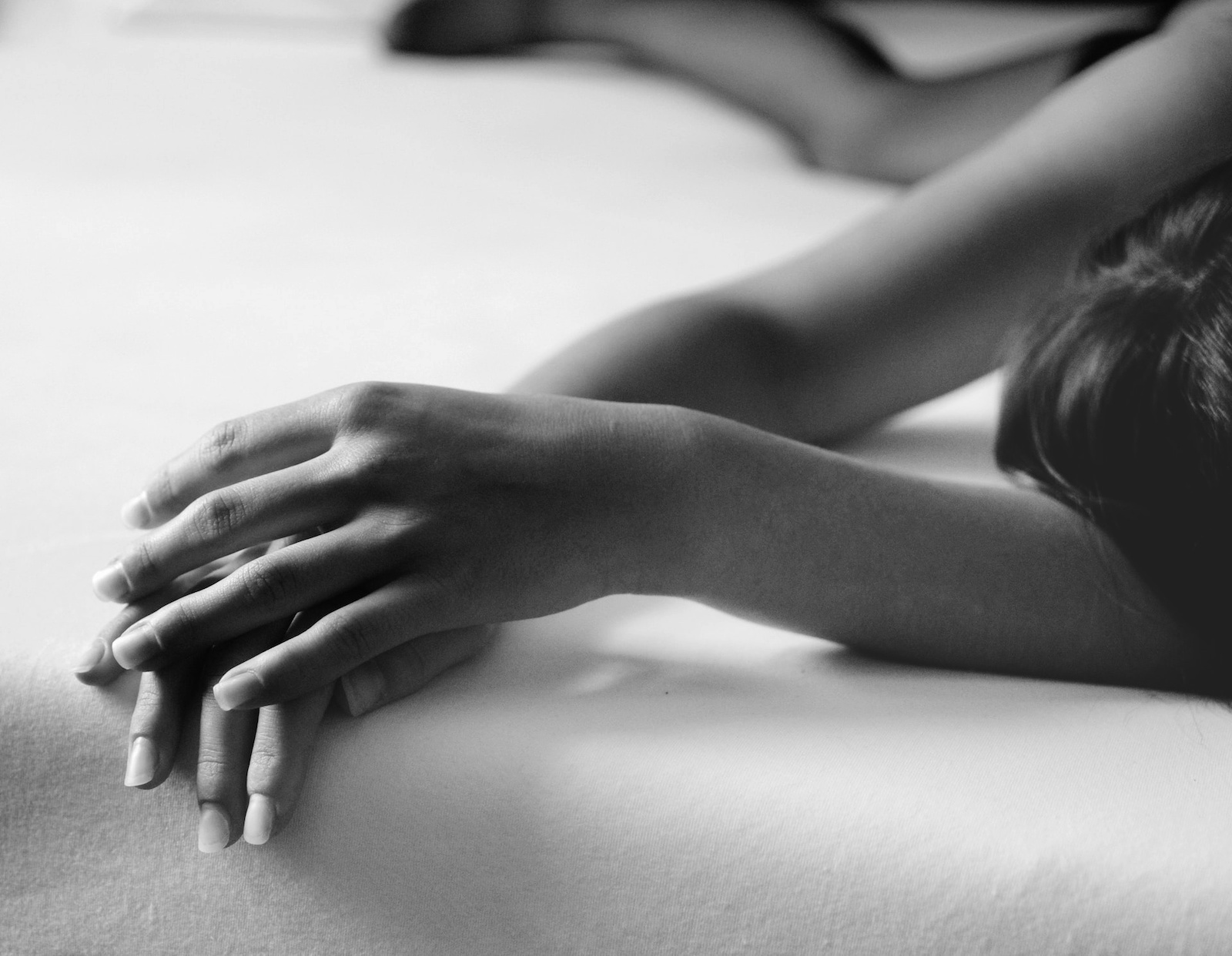
I have always been what can be described as ‘sensitive’. This is shorthand for, literally, some days I can’t get out of bed because the Amazon is burning, or I have to recover each time I remember that Selena is no longer alive. Another way of describing it is my diagnosis of anxiety and depression.
There is a disconnect in these instances, between what I know and what I feel. While I recognize the complex structures and causes behind these feelings, I still struggle painfully not to see them as failures or weaknesses. I shame myself thinking of how many people do not have the luxury to shut down like I do, which only worsens things. Until now, I have only devised ways to survive these periods, and every time I return to this state, I struggle anew.
My inherited faith prescribes plenty of solutions for what I experience, plenty of explanations for its occurrence. When I have dared to share my struggles, the well-meaning and serotonin-privileged, in a special kind of irony, suggest meditation or yoga.
So far, excluding a brief run of antidepressants, the feelings always return—an undeniable fact, an unstoppable force. Here, I attempt to derive logic, to find a thread that connects a new way to understand what happens to me.
***
This essay began when I learned the name Ahmaud Arbery, the twenty-five-year-old Black man killed by three white men in Georgia while jogging, about his life and those who love him, and the horrific circumstances of his murder. I felt sickening, devastating, exhausting grief and rage, and a twinge of horrible recognition as the murderers were shielded by the very institutions that are supposed to uphold justice. I felt it spread through individual cells, communities, planes of spirit and ancestors. I knew, too, that this rage never really left. For far too long, the story has been the same.
As the summer of 2020 boiled into a global uprising, distractions kept me functional, until they didn’t. For days, I was moody, irritable and quick to anger or dissolve into tears. I could not focus on anything. I stopped and started two yoga videos in a row. I left the grocery store with none of the items on my shopping list. I sat still, seized by mounting anxiety, rising dread, rushed to distraction, and the cycle repeated itself. My mind darted around my brain, desperately avoiding something.
It remains alarming that it requires years of unlearning for non-Black people to acknowledge the wrongness that pervades our world. It remains alarming how unwilling we are to change, with each instance of mass rebellion against these systems of murder, of absolute violence and immense, oceanic pain.
There exists some rage that cannot be fixed by breathing. Some things are felt through the body.
At some point in this writing process, sometime in the interminable summer of rebellion and uprising and liberation, I recognized that I could not bring my world back into order. The bad feelings were not internal failures, they were indicators. I cannot cut the threat down any further. I confront it at its true size.
***
When anxiety begins, I cycle through a brutal, exhausting mental list: potential antidotes, reasons to not be anxious, and reasons I am a let-down to myself and the world. If I am lucky, the solution is simple: I am over-caffeinated and have forgotten to eat, a biological force-quit. Maybe I’ve been on a search engine or feed too long, and I shut them off and go outside. If I am unlucky, I fall into a depleted, empty state and remain there for days.
Anxiety is a disproportionate reaction to a perceived threat, so if I guide my body to perform actions that slow the spiral, my perception shifts, and the threat fades. What if you have assessed the threat correctly? I had not devised this protocol, and my body was sounding the alarm.
***
The problem is trying to fix an experience of the body with a solution of the mind.
I am a writer. I wholeheartedly believe in the power of words to make and change worlds. But I also have a literal, whole heart that pumps life through my literal body. Our bodies hold what we ask of them, but they are not infinite. They are the most finite. Bodies crumble, contradict themselves, get sick, age, and die. Things like epigenetic trauma and myofascial release therapy show us that bodies hold and can pass on trauma.
I miss Tibet through my body. I do everything I can to feel close, but the loss feels immense as the sky, wide as the grasslands.
There is nothing like being on the land. So, nothing I have done is like being on the land. There are things I may never get to feel. There are things I may always feel. I cannot think my way out of this. Some things are felt through the body.
No matter how much I love reading writer Robin Wall Kimmerer’s world-altering words on planting corn, I have not yet planted corn. To reap the benefits, I must actually eat tsampa, not just rhapsodize about its many virtues, its centrality to Tibetan ancestral lineage and living tradition and survivance.
This is embodiment: there is an unbreachable distance between the intellectually known and the physically, materially felt.
Land is a body. I am a body. My body is land.
We attempt to discipline, control and marshal the body because we don’t like what it tells us. We do not want what it offers, terrified of the poison or medicine. We try to outrun the terror or the pain to which it alerts us, and in these attempts at control, we miss the joy or the possibility of love.
***
Any measure of success I have attained has been through betrayals of my body.
Foregoing sleep, exercise, food, and other fundamental needs, I have moved mountains and performed miracles. Once, during a particularly stressful period, I developed an ulcer. Consuming coffee threw my body into incapacitating nausea. Deprived of its usual fuel, my body, ever faithful, pushed through on pure adrenaline.
Afterwards, ensconced safely at home, I sobbed so violently that my terrified family members could not understand me. I fell into a deep sleep listening to the Heart Sutra. My body, having served so well in the heat of battle, had finally come to collect the many debts I owed. Some things are felt through the body.
I cannot help but think of these feelings as results of the struggle against deep colonial structures of violence. Maybe practising the truth of having a body will allow me to slowly disentangle the structures of ableism, colonialism, patriarchy, and white supremacy that my wise body rejects, even as my mind tries again and again to force her into acceptance.
***
I wonder if I write because of the feelings of my body. I have learned—or learned how to make it so—that grief can be generative. Sometimes it comes out of the body and creates things. And so, I am grateful to the grief, for what it has spurred me to create. I am trying to let the grief move, hear it say: ‘I am alive, and it hurts.’
Here are three elements: pain, joy, and the body. The first two deepening the other; the third, the conduit, the vessel, the barometer of it all.
What I have gleaned from my inherited, patchwork understanding of Buddhism—to grossly oversimplify—is that pleasure and suffering, joy, and pain, are two sides of the same coin. One hollows out space for the other, an immutable bond. The path out of this cycle, we are taught, is to recognize their connection, and to sever our attachment to both.
Perhaps this is the link I so often miss. We are taught that as we attune to our own experience of suffering, it enhances our ability to empathize with others and recognize our inextricable connection with them. We should allow this to increase our desire to end the suffering of all beings. Isn’t this, the heart that breaks with grief at the horror of the present, the beginning of the desire for a better world?
Feeling things through the body, especially when unaccustomed to doing so, is near unbearable. Perhaps I am learning to be a body in the struggle. Perhaps I am learning, for the first time in this life, to have a body. I am learning how not to think, but to pray and use my body to access the sacred; to locate the sacred of my own body.
Perhaps my body is the intermediary for my existence on this earth, the vessel through which I receive the message. Perhaps I need to stop thinking, even listening, and start feeling.
⧫
Excerpted from The Penguin Book of Modern Tibetan Essays with permission from Penguin Random House India. Listen to a conversation with editor Tenzin Dickie about the book on a recent episode of Tricycle Talks here.

 FrankLin
FrankLin 







